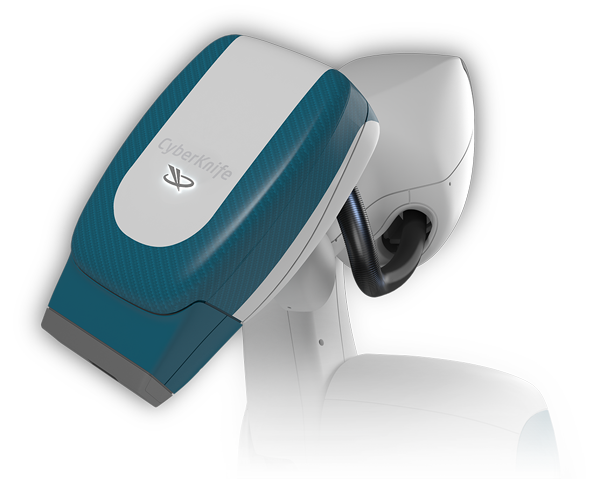An effective alternative to surgical treatment
The unparalleled precision and motion synchronization capabilities of the CyberKnife® System maximize radiation delivered to the target — while helping to minimize dose to surrounding healthy tissues. The result is highly effective treatment that helps to preserve liver function, eliminates many of the inconveniences of other treatments, and significantly reduces the risk of the side effects of open surgery that too often disrupt the lives of patients during and after treatment.

